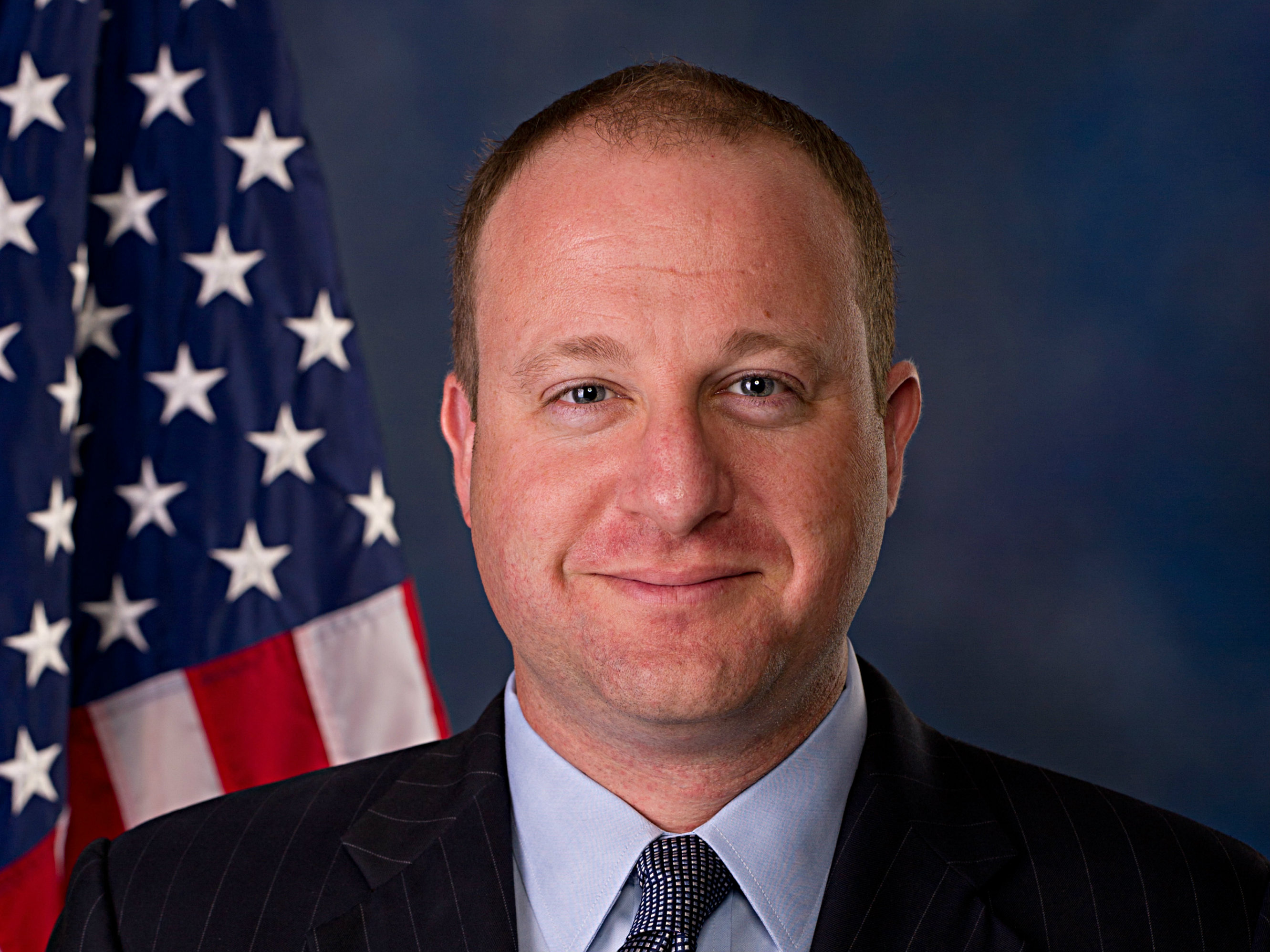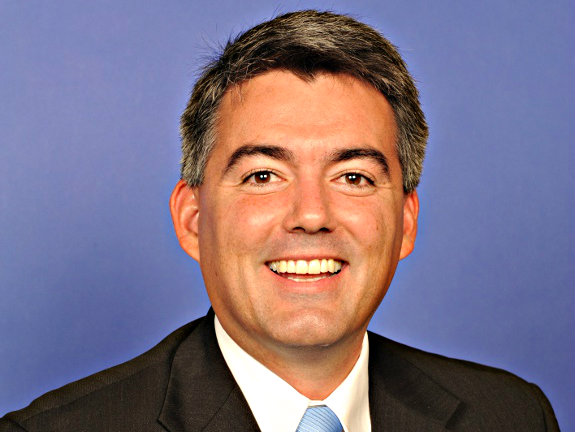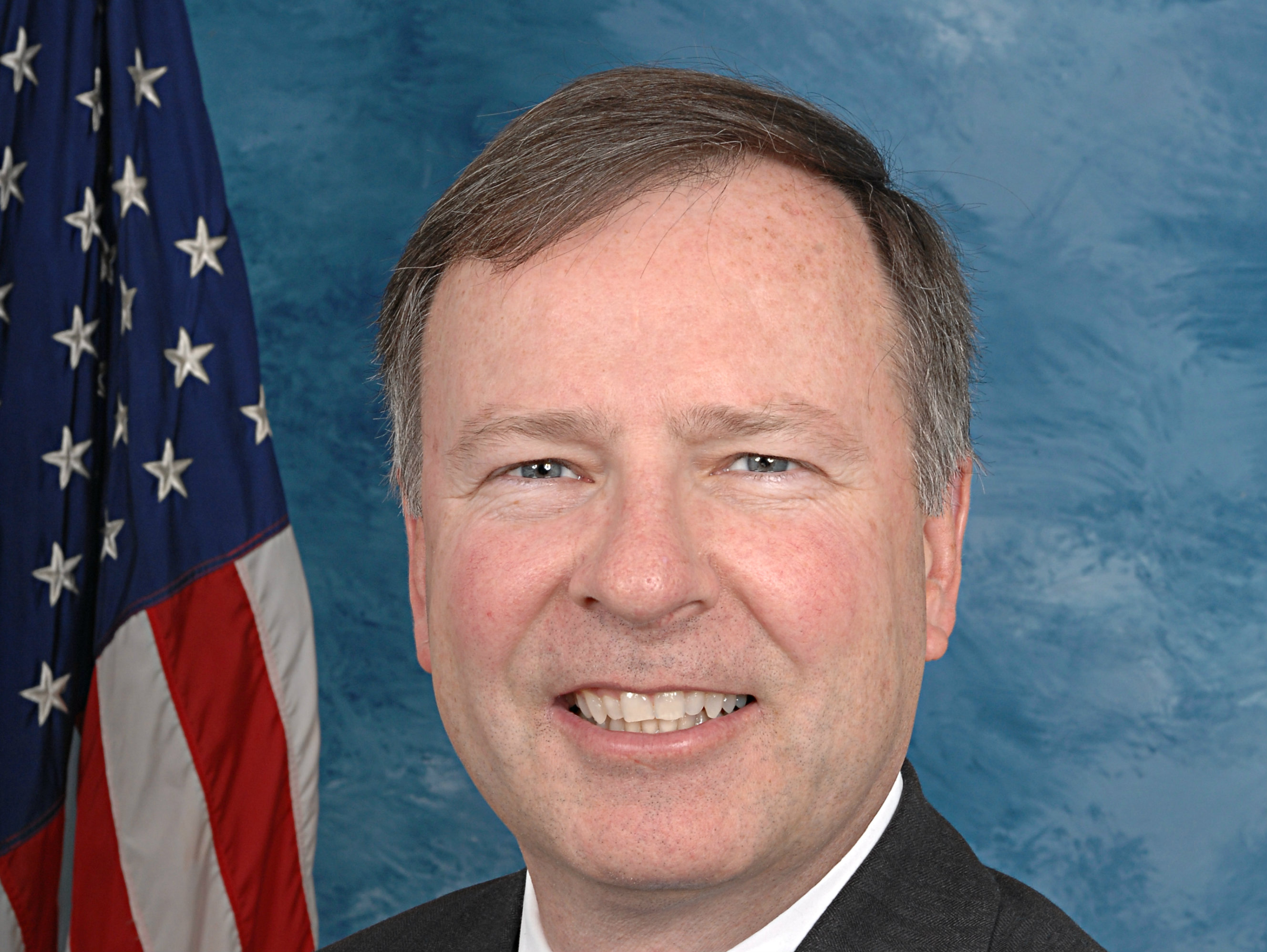

Representative Jared Polis (D-CO) says he would give Congress a grade of D but says there were "times it felt like an F.”
Democrats and Republicans agree this was a bad year in Washington but they don't agree on the low point.
The Obamacare debut
Like most Republicans, Representative Cory Gardner (R-CO) points to his party’s favorite punching bag.
“The disastrous rollout of Obamacare has forever defined what 2013 will be remembered as,” Gardner said.

The health law even earned President Obama's the dubious title of Lie of the Year Award for his promise: "If you like your health plan you can keep it.”
Gardner said his party has been right along.
"Millions of Americans lost their insurance, Obamacare is tanking, the president’s approval is underwater,” Gardner said.
The G-O-P may have overplayed its hand though.
Government shutdown
Early this fall, Republicans tried to hold the federal budget hostage in return for the repeal or delay of the new health care law.
Democrats refused to give in.
The federal government’s lights didn’t go off completely but they certainly dimmed for sixteen long days.

"Certainly the shutdown was a horrible point, because there is no other government in the country, no local government, or state government who would ever close down for politics," Bennet said. "We wouldn’t allow it and it’s disgraceful.”
Finger pointing aside, Bennet boasts his biggest legislative accomplishment for the year was immigration reform.
He joined a bipartisan group of lawmakers to form the Gang of Eight, which cobbled together an immigration bill that has eluded lawmakers for years.
Bennet said the high point of the bill was getting nearly 70 Democrats and Republicans to vote for it.
"But just as important was the example that was set by having four Democrats and four Republicans sitting in a room together for seven, or eight, months not playing politics but actually rolling their sleeves up on a really important issue to the American people, " Bennet added.
But the Republican controlled House hasn’t touched the bill.
The least productive
This Congress now has the label of being the least productive in history.
A slap in the face, right?
Not so fast, argues Representative Doug Lamborn (R-CO).

"I look back over when we did have the White House, the Senate and the House all in Democratic hands," Lamborn recalls. "My second term here in 2009, 2010 and we passed what I believe were some horrible laws. We passed Obamacare, we passed a so-called stimulus, almost spending a trillion dollars with very little effect other than it ran up our national debt.”
The NSA revelations
Then there are the revelations about the National Security Agency and its work scanning the emails and phone calls of millions of Americans.
For years, Senator Mark Udall (D-CO) has been working to unwind some of the sweeping powers Congress granted the intelligence community in the aftermath of 9-11.
Udall says he has felt like a voice crying in the wilderness until this year.

Udall sits on the Senate Intelligence Committee but he wasn’t able to raise all his concerns in public because the program was highly classified.
Former NSA contractor Edward Snowden changed all that when he stole and leaked government documents.
Senator Udall says he's torn. On the one hand he's glad the information is public but says Snowden needs to face justice.
“I think Edward Snowden ought to come back to the United States," Udall said. "He ought to stand trial. He broke his oath. He ought to make his case here. He shouldn’t make it from a country like Russia.”
The Positive
As gridlocked asWashington is, the Colorado delegation has been able to come together on some local issues this year.
Democrats and Republicans united to get the Administration to release western state’s mineral royalties that were held by the sequestration.
Udall and Republican Congressman Gardner joined to convince the Army not to expand its Pinon Canyon Maneuver Site.
Gardner says such collaboration is actually not that unusual.
“I think there are issues every day that we work on together that don’t get the news, they don’t get the glitz and glitter that something divisive gets,” Gardner said.
Then there’s the flood.
The delegation quickly banded together to help lift a cap on federal highway money to fix roads and bridges in the aftermath of a disaster.
Congressman Polis says that emergency united all Coloradoans – lawmakers, businesses, churches, schools.
“We were very excited to see those roads open ahead of schedule so people could resume their everyday lives,” Gardner says.
Lawmakers have a new legislative year waiting for them when they get back to Washington in January.








